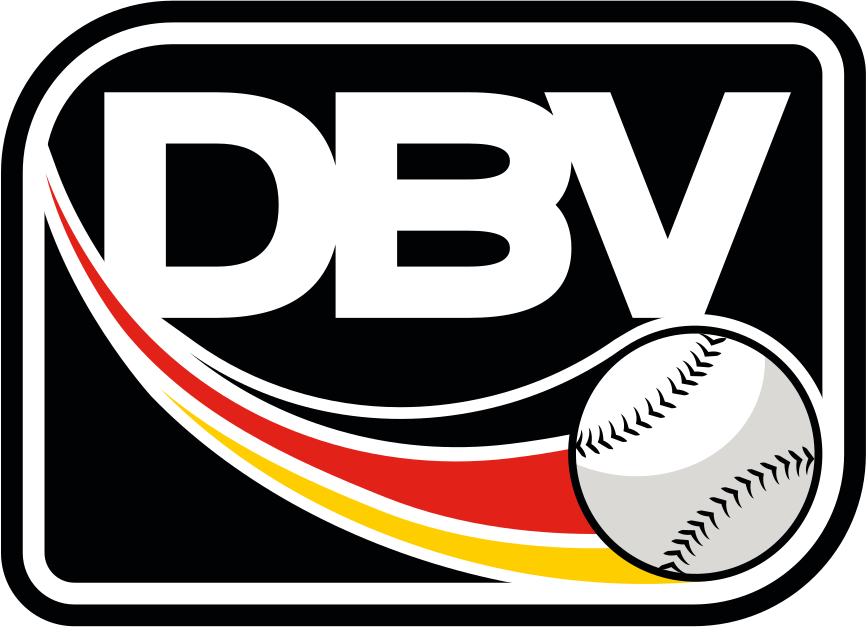Relative age effect is modulated by playing position but is not related to competitive success in elite under-19 handball athletes
(Der relative Alterseffekt wird bei U19-Handball-Spielern durch die Spielposition moduliert, ist aber nicht mit dem Wettkampferfolg verbunden)
This study aimed to verify the occurrence of the relative age effect (RAE) in male elite young handball athletes according to the playing position and its association with team performance in a World Championship. Data from 383 handball athletes from 24 countries who participated in the 7th World Men`s Championship in the under-19 category were analyzed. RAE was investigated from the birth trimester of the athletes, their playing position, and final ranking in the Championship. The results showed an overrepresentation of athletes born in the first two trimesters (Q1 and Q2) (Chi2(3) = 32.97; p < 0.001, Omega = 0.29). The analysis of the athlete`s position showed that most wings (Chi2(3) = 18.37; p < 0.001, Omega = 0.32) and backs (Chi2(3) = 12.51; p = 0.006, Omega = 0.34) were born in the first trimesters (Q1 and Q2). The ranking in the Championship presented no significant association with the date of the birth (p > 0.05). The results showed the existence of the RAE in youth handball elite athletes, especially for the back and wing positions. However, the strategy of selecting is questionable once the presence of RAE was not associated with competitive success
© Copyright 2019 Sports. MDPI. Alle Rechte vorbehalten.
| Schlagworte: | Alter Nachwuchsleistungssport Jugend Handball Relation Leistung Spielposition Leistungsentwicklung Relativer Alterseffekt |
|---|---|
| Notationen: | Spielsportarten Nachwuchssport Biowissenschaften und Sportmedizin |
| DOI: | 10.3390/sports7040091 |
| Veröffentlicht in: | Sports |
| Veröffentlicht: |
2019
|
| Jahrgang: | 7 |
| Heft: | 5 |
| Seiten: | 91 |
| Dokumentenarten: | Artikel |
| Sprache: | Englisch |
| Level: | hoch |
